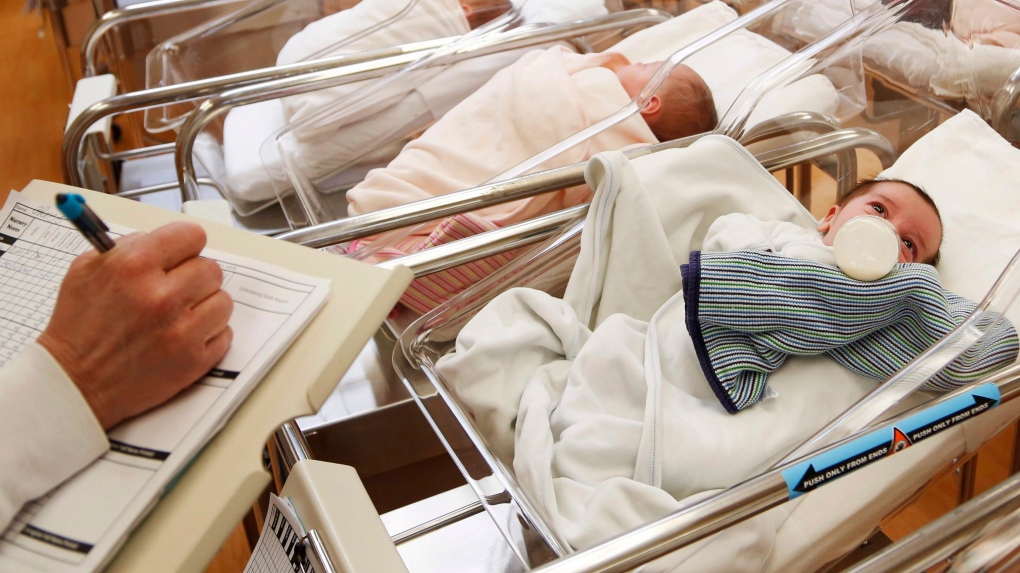A new study involving more than 1.1 million women worldwide has identified those most at risk for developing postpartum depression. They include first-time mothers, mothers under 25, and mothers of twins
Published Tuesday in the Journal of Affective Disorders, the study also found that mothers over 40 with twins are the highest risk group of all.
“The size of this study, in over one million new mothers, make the findings highly significant and definitive,” senior author Dr. Jennifer Payne explained in a press release. Payne directs reproductive psychiatry research at the University of Virginia’s medical school.
“Clinicians caring for new mothers can be aware of factors like age, first pregnancy and twin pregnancies that put women at a higher risk of developing postpartum depression and screen and intervene early,” Payne said.
The peer-reviewed study was based on the results of a survey conducted on Flo, a women’s health and menstrual cycle tracking app. A total of 1.135 million women in 138 countries aged 18 to 40-plus responded. Nearly 35 per cent were located in the U.S., Russia and Brazil.
By age, postpartum depression was self-reported most amongst those 18 to 24, at 10 per cent. Rates steadily declined from ages 25 to 40, when they rose slightly again to 6.9 per cent. In all age groups, the study found that already having kids significantly lowered one’s risk.
Women with twins were also more likely to experience postpartum depression, with 11.3 per cent reporting symptoms versus 8.3 per cent of mothers of one child. Mothers ages 40 and up with twins reported the highest rates of postpartum depression of all groups at 15 per cent.
“Clinicians might take special consideration in caring for women in this group, given their markedly elevated risk,” the study advised. “With concurrent delay of motherhood and increasing availability of reproductive technologies, we are likely to see a growing number of this particularly high-risk group of older first-time mothers with twins.”
Postpartum depression is the most common complication of childbirth, and is believed to affect seven to 25 per cent of new mothers worldwide. Symptoms include debilitating mood swings and anxiety that can last for weeks or more.
According to the new study, children of women suffering postpartum depression are more likely to develop depression and other psychiatric disorders themselves. The study notes postpartum depression has also been linked to lower IQ, slower language development and behavioural issues in affected children.
“Most women with postpartum depression are not diagnosed or treated,” said Payne, who specializes in psychiatric illnesses influenced by reproductive hormonal changes. “Early intervention can prevent the negative outcomes associated with postpartum depression for both mothers and their children.”








































